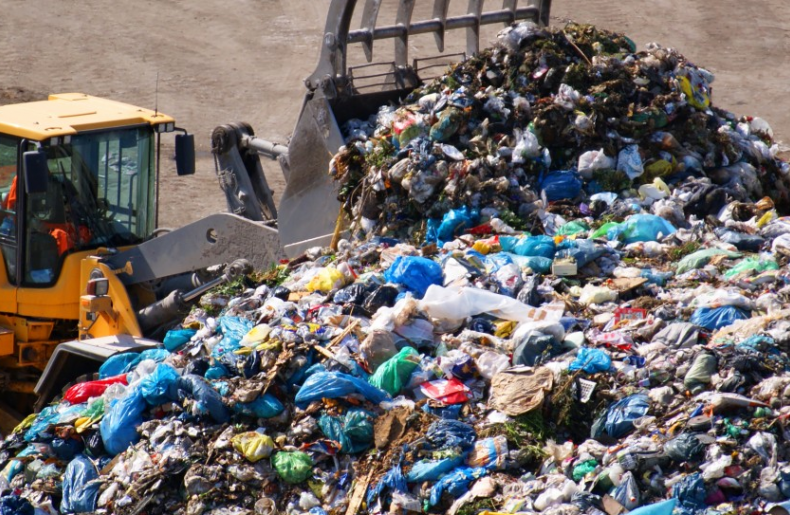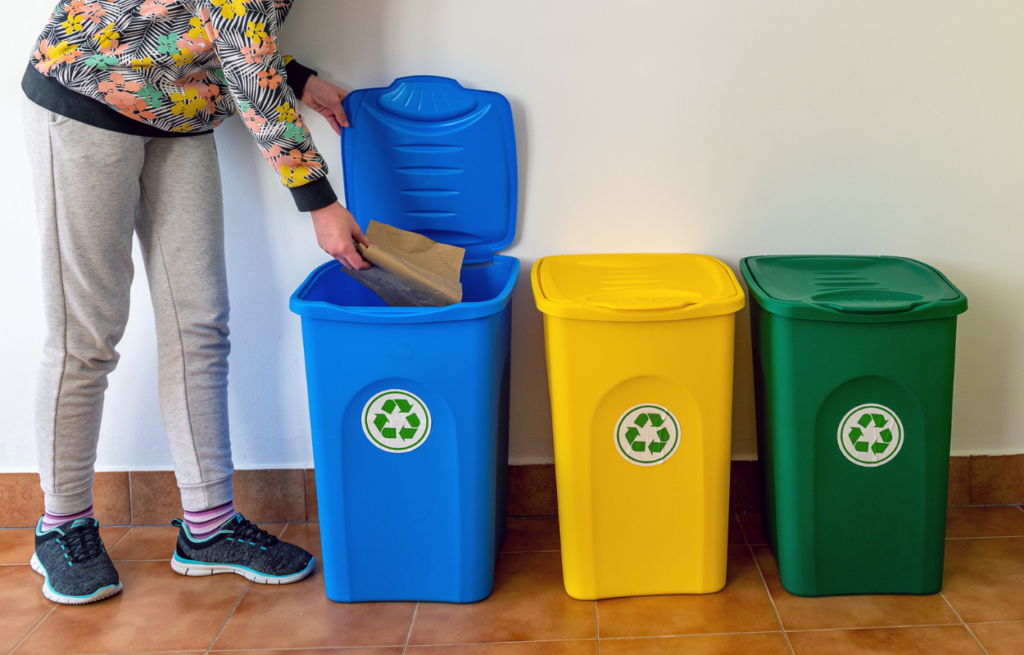In today’s environmentally conscious world, understanding waste management and recycling services is crucial. As responsible citizens, we all play a part in reducing our environmental impact. This guide will provide you with essential information on waste management and recycling services available in the USA and Canada, empowering you to make informed choices and contribute to a greener future.

1. Understanding Waste Management:
Waste management encompasses the collection, transportation, processing, and disposal of waste materials. It’s a complex system involving various stakeholders, from government agencies and private companies to individual households.
- Key Components:
- Collection: This involves the regular pickup of waste and recyclables from residential and commercial properties.
- Transportation: Collected materials are transported to processing facilities or landfills.
- Processing: This may include sorting, composting, and recycling of materials.
- Disposal: The final stage involves the safe disposal of waste in landfills or through other methods like incineration.

2. Recycling Services in the USA & Canada:
Both the USA and Canada have robust recycling programs, although specific regulations and services may vary by region.
-
Commonly Recycled Materials:
- Paper and Cardboard: Newspapers, magazines, cardboard boxes, paper bags
- Plastics: Bottles, containers, jugs (check local guidelines for acceptable plastic types)
- Glass: Bottles and jars (often separated by color)
- Metals: Cans (aluminum, steel), metal lids
- Electronics: Computers, televisions, phones (many areas have e-waste recycling programs)
-
Curbside Recycling:
- Most municipalities offer curbside recycling programs, where residents place their recyclables in designated bins for weekly or bi-weekly pickup.
-
Recycling Centers:
- Many communities have drop-off centers where residents can bring larger items or materials not collected curbside.
3. Tips for Effective Recycling:
- Know Your Local Guidelines: Familiarize yourself with the specific recycling rules and regulations in your area.
- Clean and Dry Recyclables: Rinse containers and remove any food residue.
- Avoid Contamination: Keep recyclables separate from trash to prevent contamination.
- Reduce, Reuse, Recycle: Prioritize reducing waste generation and reusing items whenever possible.
4. Composting:
Composting is an excellent way to divert organic waste from landfills.
- Benefits: Creates nutrient-rich soil for gardens, reduces greenhouse gas emissions.
- Home Composting: Simple methods like backyard composting bins are readily available.
- Municipal Composting Programs: Many cities offer curbside composting programs or community composting facilities.
5. Finding Local Resources:
- Contact Your Local Municipality: Inquire about local waste management and recycling services, including curbside pickup schedules, recycling guidelines, and composting programs.
- Visit Your Local Waste Management Website: Many waste management companies have informative websites with details on their services, recycling guides, and disposal options.
- Search Online: Use search engines to find information on recycling centers, composting programs, and e-waste disposal options in your area.
By understanding waste management and recycling services, and actively participating in these programs, we can significantly reduce your environmental impact. Remember to always prioritize waste reduction and reuse, and to familiarize our self with the specific recycling guidelines in your community. By working together, we can create a cleaner and more sustainable future for generations to come.
Disclaimer: This information is for general guidance only and may not be applicable to all locations. Please refer to your local government or waste management provider for specific information and regulations.
